
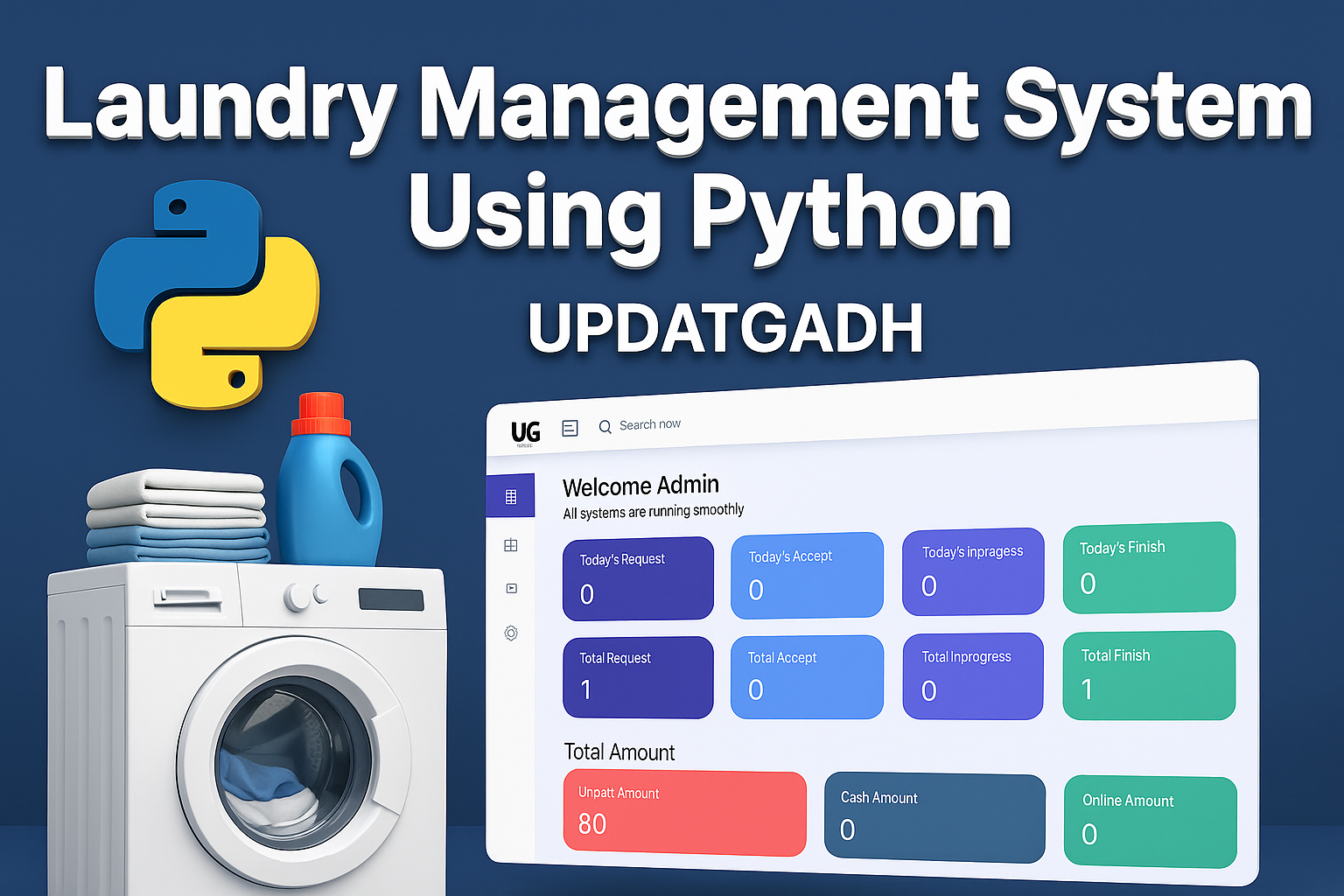
Laundry Management System Using Python Django
Laundry Management System
Introduction
Running a laundry business involves managing multiple tasks at once, such as handling customer orders, tracking deliveries, and maintaining schedules. Relying on traditional methods like manual registers or spreadsheets often leads to confusion, delays, and unhappy customers. To solve these issues, the Laundry Management System has been developed as a professional web-based application.This project streamlines the entire laundry process—from user registration and order placement to scheduling and delivery tracking. Built using the Python Django framework with an SQLite database, it offers a secure, reliable, and scalable solution. The system is well-suited for laundry service providers, hotels, hostels, and community-based facilities that want to operate in a more efficient and organized way.
Project Overview Table
| Project Name | Laundry Management System |
|---|---|
| Language/s Used | Python (Django Framework) |
| Database | SQLite3 |
| Type | Web Application |
Download New Real Time Projects :-Click here
Key Features
The project offers several practical features designed to make the laundry process smooth for customers and efficient for administrators.
1. User Registration and Authentication
- Clients can safely log in to the system and create accounts.
- Only authorised users are able to submit washing requests thanks to authentication.
- Password-protected accounts safeguard customer data.
2. Order Placement
- Users can easily create laundry requests and select services such as washing, drying, ironing, and folding.
- Preferences for garments can be added to ensure accuracy in service.
- The order form is user-friendly and helps customers describe their exact needs.
3. Real-Time Order Tracking
- Users can track the status of their laundry orders in real time.
- Updates include whether the order is pending, in progress, or completed.
- Tracking improves transparency and reduces customer queries.
4. Pickup and Delivery Scheduling
- Customers can schedule pickup and delivery at a convenient time.
- The scheduling system helps maintain punctuality and ensures no overlap in bookings.
- This flexibility enhances customer satisfaction.
5. Admin Dashboard
- The admin interface provides a complete overview of all laundry orders.
- Pending, active, and completed orders are displayed for easy management.
- Analytics and metrics are available to monitor service efficiency.
- Admins can also manage prices, handle scheduling, and update business details.
6. Email Notifications
- SMTP-based email notifications are integrated for updates.
- Customers receive alerts about order confirmation, pickup, delivery, and completion.
- This communication ensures better engagement and trust.
Benefits of the System
- Efficiency – Automates the end-to-end process of handling orders.
- Accuracy – Reduces errors in scheduling and order management.
- Transparency – Customers can see the real-time status of their orders.
- Scalability – Can be expanded to support multiple laundry outlets.
- Professional Communication – Email notifications keep customers updated.
Technology Stack
- Frontend: HTML, CSS, Bootstrap (responsive interface)
- Backend: Python Django Framework
- Database: SQLite3 (lightweight and reliable database)
- Email Integration: SMTP configuration for notifications
Available Features
Based on the implementation in this project, the following features are included:
- Secure user registration and login system
- Order placement with washing, drying, ironing, and folding options
- Order status tracking in real time
- Pickup and delivery scheduling system
- Admin dashboard with metrics and analytics
- Email notification service for order updates
Complete Run Setup
To run the Laundry Management System on your computer using Visual Studio Code (VS Code), follow these steps:
Step 1: Install Python
Ensure you have Python installed on your computer. Recommended version: Python 3.8+. You can verify by running the following command in the terminal:
python --version
Step 2: Install VS Code
Download and install Visual Studio Code if not already installed. Install the Python extension in VS Code for better development and debugging support.
Step 3: Extract Project Files
- Download the project ZIP file.
- Extract it to a suitable location on your computer, for example:
C:\Users\YourName\LaundryManagementSystem
Step 4: Open Project in VS Code
- Launch VS Code.
- Open the extracted project folder (
LaundryManagementSystem) usingFile > Open Folder.
Step 5: Create Virtual Environment
Inside the terminal in VS Code, create a virtual environment:
python -m venv env
Activate the environment:
- On Windows:
env\Scripts\activate - On macOS/Linux:
source env/bin/activate
Step 6: Install Dependencies
Install required Python packages from requirements.txt:
pip install -r requirement.txt
Step 7: Configure Email Settings
Open the settings.py file and update the SMTP email configuration:
EMAIL_HOST_USER = 'your_email@example.com'
EMAIL_HOST_PASSWORD = 'your_password'
This enables the system to send order confirmation and update emails.
Step 8: Run Database Migrations
Run the following commands to set up the database:
python manage.py makemigrations
python manage.py migrate
Step 9: Create Superuser (Admin)
Create an admin account to access the dashboard:
python manage.py createsuperuser
Follow the prompts to set up your admin credentials.
Step 10: Run the Project
Start the development server:
python manage.py runserver
Now open your browser and navigate to:
http://127.0.0.1:8000/
You can log in as a user to place laundry requests or as an admin to manage the system.
We have projects Available in all languages:–Click Here
laundry management system in python
laundry-management system github
laundry management system laravel
laundry management system documentation
laundry management system using python django github
laundry management system using python django with source code
laundry management system using python django project github
laundry management system using python django pdf
laundry website github
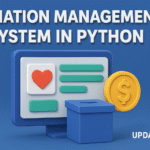

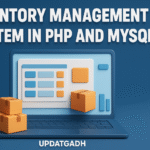

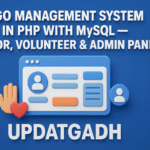


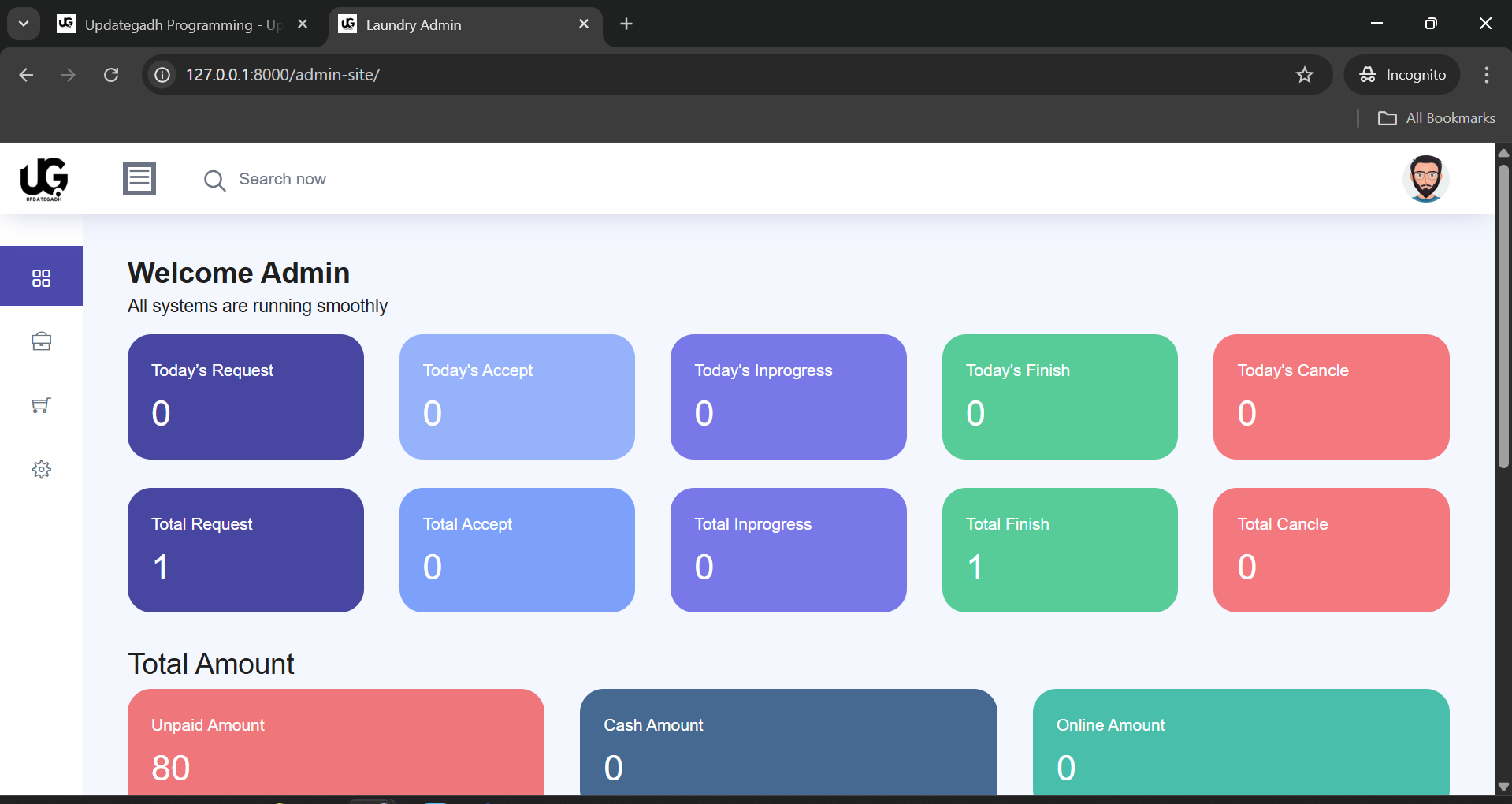
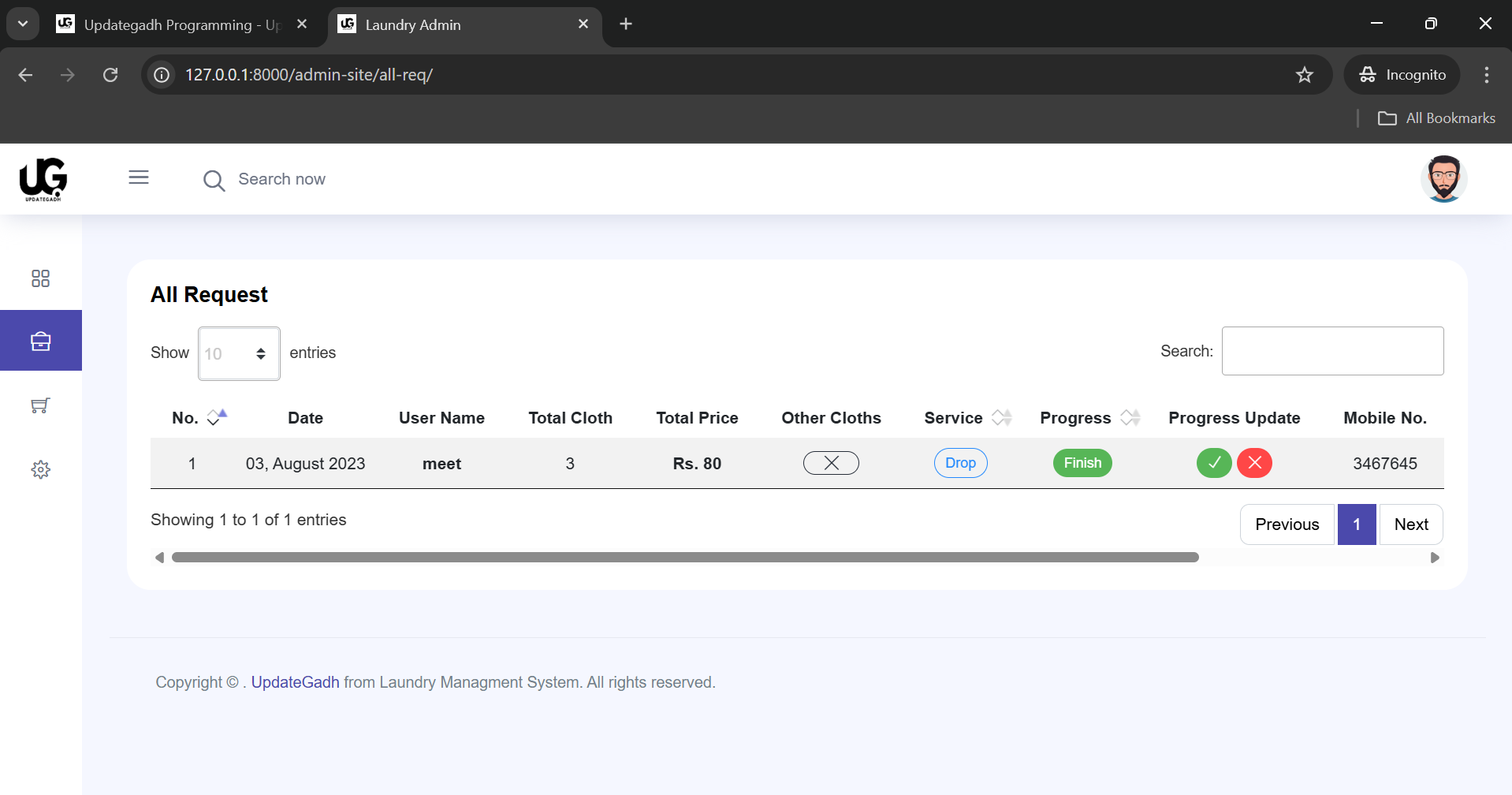
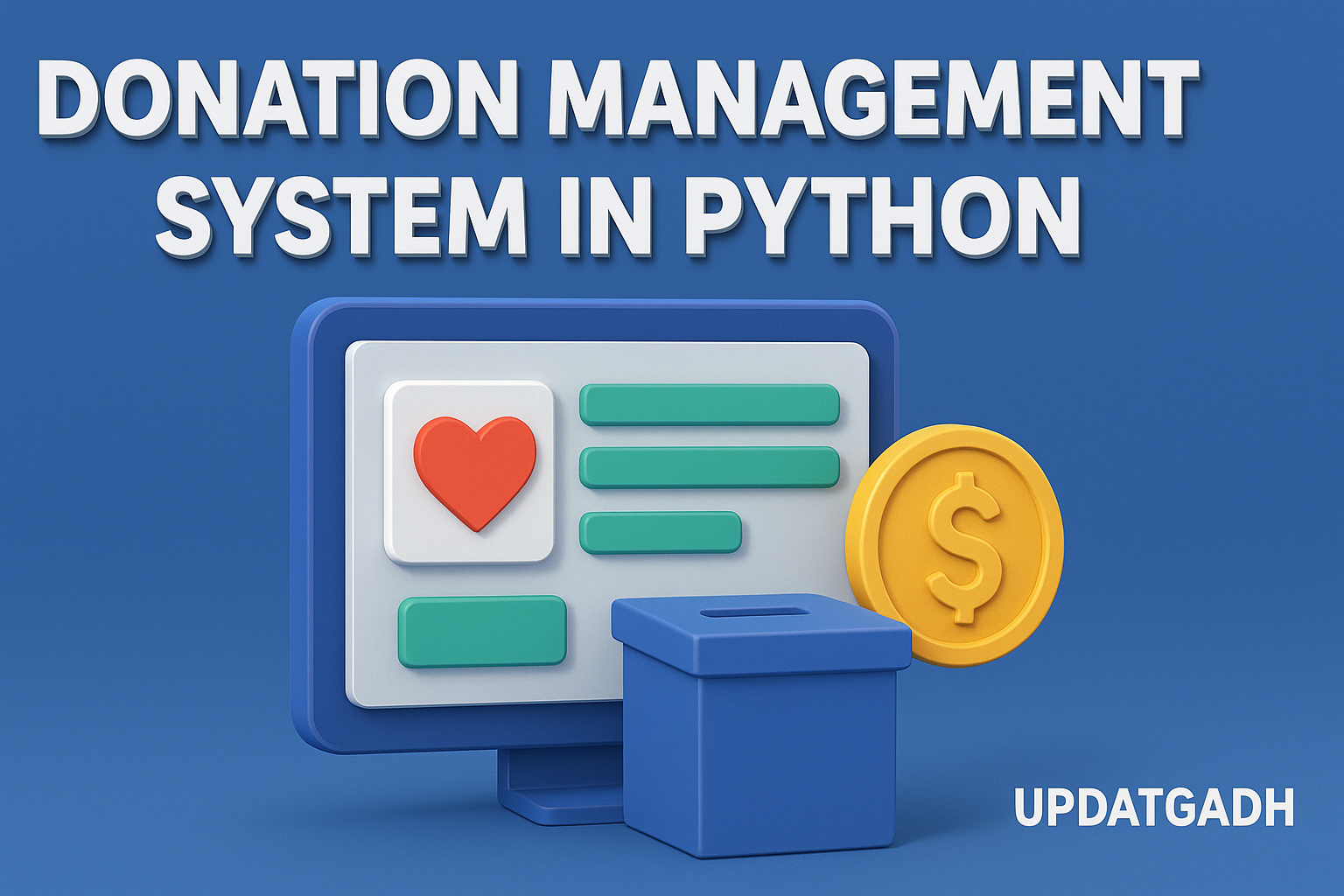


Post Comment